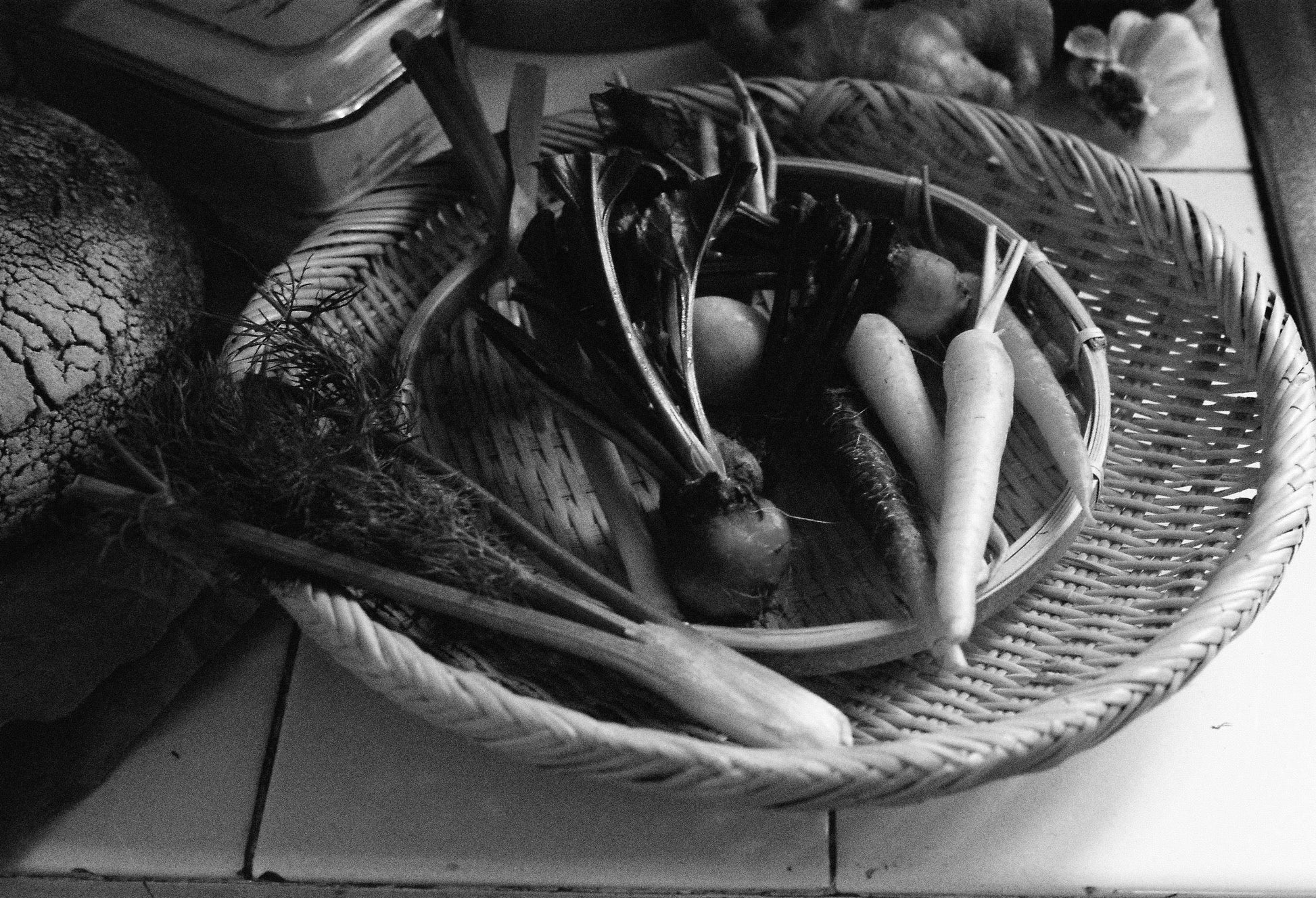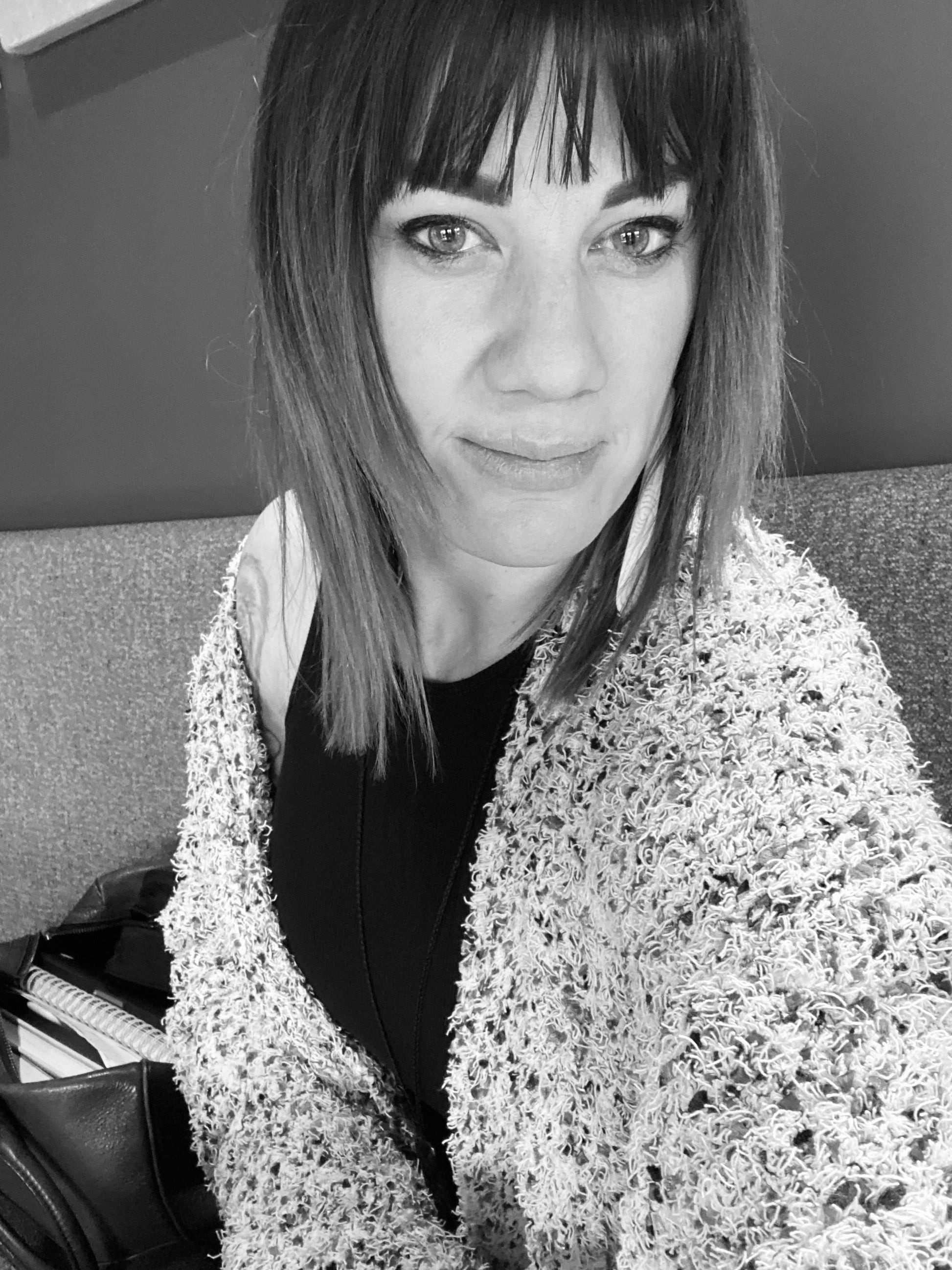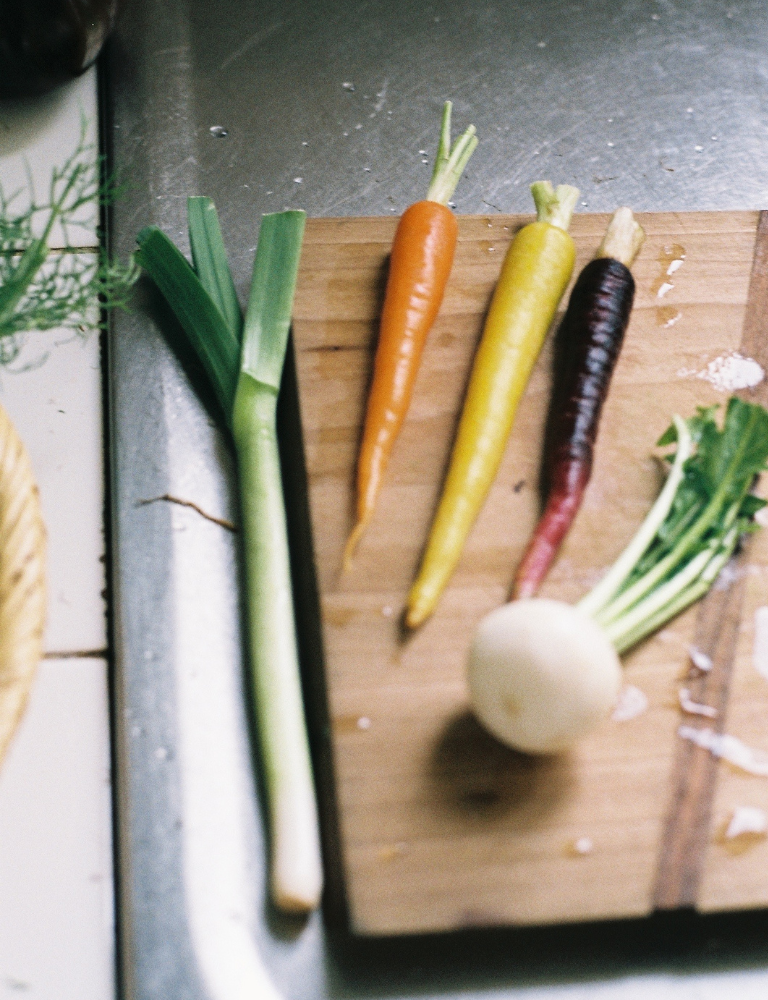Menopause is currently big business. From your perspective, what's the best thing people can do for themselves to support this stage of life?
It is big business. But we’re balancing the overdue need to educate, empower and prioritise this time for many generations before us who have been told to suffer in silence, with being mindful not to buy into a mindset of being broken and needing to spend lots of money in order to ‘be fixed’. Some basics I really want people to focus on when in this transition are:
Eating enough
A hungry brain is an anxious brain and if we want to fuel good gut health, good mental wellbeing, recovery, movement and managing all the balls we are juggling, we can't do it starving. It's not very exciting but actually sitting down for 3 meals and 3 small snacks a day can do wonders for most exhausted folks in this transition.
Eating without stress
There is a big focus right now on demonising individual foods and ingredients. Many people come to me overwhelmed and genuinely unsure of what is good for them anymore. You can find someone saying (very convincingly) not to eat dairy, eggs are like cigarettes, not to eat fruit due to the sugar, that vegetables are hard to digest and should be avoided - I want folks to know that fruits and vegetables are the most amazing food, and that everything can be included around this base. That no food alone will build or break them so be mindful about eating for your body and for your enjoyment. Balance them both.
Movement
Especially movement that focuses on what is starting to decrease - muscle mass! If we are low on time then learning how to lift some weights, or prioritising muscle maintenance/building is really important in prevention of risk factors for all cause mortality. Basically the better your muscle profile, the safer you are from all illness and disease that could kill you.
Community
Building community is key during this phase. Leaning on others to encourage each other to get outside, to talk about what you're going through, to cook for one another. We tend to take care of others better than we do ourselves, so if we can support ourselves as a collective group by cooking for friends we love to spend time with, we will get the best of the food and connection.
In Māori culture this phase is referred to as Te Ruahinetanga, or wise women. What differences do you see in our indigenous cultures that celebrate menopause, rather than something to be feared?
In te ao Māori, this was a time where our tūpuna were celebrated, the transition steeped in ritual, and our kuia were revered. When we cease to create or be able to create whakapapa through our womb we instead pass on knowledge and whakapapa through our waha (mouth), our waiata (song) and wānanga (discussion), where our mātauranga (knowledge) becomes crucial for our whole iwi and the generations after us.
I love integrating elements of te ao Māori into my own journey and those open to it in theirs, while also acknowledging the fact we are not living in te ao Māori like we used to. We are busy without the support, we are often still working and in urban areas away from our whenua, we have young tamariki and some of us raising them alone, so it’s important not to feel guilty when we don't feel like this transition is smooth or empowered like it might have been for our tūpuna. Dr Ngahuia Murphy, Priscilla Te Hau and Awhitia Mahaere are amazing mana wāhine holding and sharing mātauranga in this space, and supporting the decolonisation of Te Ruahinetanga.
There are obviously physical changes that occur in this life cycle, and ageing can be a very confronting experience for many (not just in our youth obsessed society but also psychologically, as we face our mortality). What's happening in our bodies that affects skin and hair? And what can we do to support those changes to skin and hair health?
There is definitely a process of cell change, destruction, loss of collagen and increase in damage from age, sun, alcohol and lifestyle that we experience in this shift. We also move from an abundance of hormones to a depletion and with that comes skin changes, fine lines and wrinkles, dry skin, less elasticity, brittle and thinning hair. We place a significantly higher expectation on women not to visibly age.
Nutritionally, I want people to have a good look at iron levels and thyroid - especially when it comes to hair. For many, hormone treatments [such as HRT] really support some of the more aesthetic symptoms while also supporting anxiety, mental wellbeing, and sleep. Evidence shows that supplemental collagen is not as useful for our skin as the marketing suggests so it’s really about getting back to those basics:
- Eat enough protein to stabilise blood glucose throughout the day
- Consume enough fibre to support optimal bowel function for detoxification
- Stay hydrated
- Get essential fatty acids from omega 3 fatty fish or fish oil
- Eat lots of fresh fruit and vegetables for antioxidants which repair damage
- Make sure iron levels are optimal - not just at 20 ferritin
- Ensure thyroid health, stress levels and sleep are all well managed where possible.
Menopause can be a difficult time for many to manage, as they may have never needed to navigate symptoms like mood swings, rage, brain frog, weight gain and don't have the tools to deal with them. What's your advice for people in this situation? And is there an opportunity to reframe these changes / what positives can come from this new phase of life?
While there can absolutely be positives, I do want to recognise just how overwhelming and lonely it can be to experience these changes with little education or support.
Historically we’ve been told to suffer in silence and I believe we have a real opportunity now to be loud about what’s happening, and to build community so we feel like we’re in this together. I want to see folks talk with their GP; be heard, validated and cared for deeply. This doesn't always happen, but a good GP in this space can be lifesaving. I often explain to people that this time can be glitchy and erratic, but the end goal is stability and calm. Many older women who are settled in that calm tell us about the power in having no guilt over saying no, and how rewarding putting yourself first is.
I also want people to know that while you don’t have to do everything, there isn't just one thing that will fix or support you perfectly. Rather, there are elements of nutrition, of movement, of sleep support, of saying no, of stress management, of putting that alcohol away (yes, likely for a few years) and of finding the people who will lift you in this moment and avoid the ones who will bring you down.
In terms of nutrition, and vitamins/minerals etc what should we be having more of, and less of, as we head into our 40s and 50s?
While there are lots of micro supports we can do, the first thing I want folks heading into their 40's and beyond to remember is we cannot function well on nothing. A coffee between waking up and afternoon tea is not thriving; it's barely surviving.
There are so many lists of what not to do, I want to focus on ways to add to your life. Start small and gentle. We tend to be all or nothing creatures; if you’ve spent a long time not eating breakfast then maybe some fresh fruit alongside your coffee is a stepping stone and you can build from there. Look at your day and ask "where can I add something to nourish my body" or start by adding a serve of fruit or vegetables to each meal or snack.
Some ingredients I'd love people to use more often include berries, fatty fish, eggs, nuts and seeds (especially linseed/flaxseed and hemp hearts), more fresh herbs or leafy greens, phytoestrogen rich foods such as edamame, tofu and soy milk, and to ensure they're focusing on the first half of their day rather than the second.
Chantal Cuthers is a registered nutritionist who specialises in reproduction, menopause and peri-menopause, and is an anti-diet advocate. She teaches regular workshops around Aotearoa NZ.


